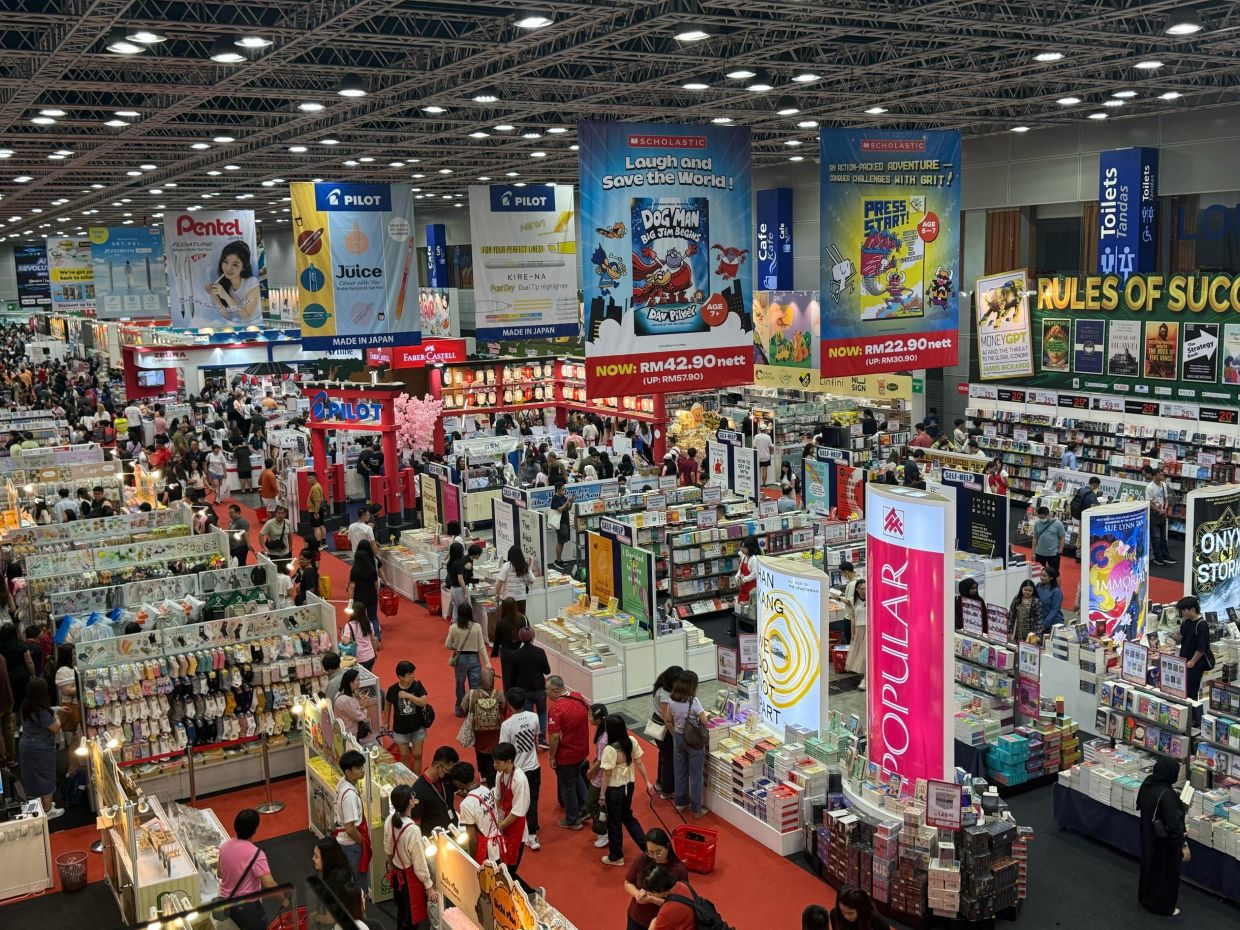
Locals visit the area that is known as Nusantara Ground Zero, where the capital is to be built. Photos: Walhi/dpa
The Indonesian government has painted the country’s new capital, currently being built in the jungles of Borneo, as an urban utopia where nature meets state-of-the art technology.
Some activists doubt this, calling it an environmental disaster waiting to happen.
Already a subscriber? Log in.
Save 30% and win Bosch appliances! More Info

Cancel anytime. No ads. Auto-renewal. Unlimited access to the web and app. Personalised features. Members rewards.




































